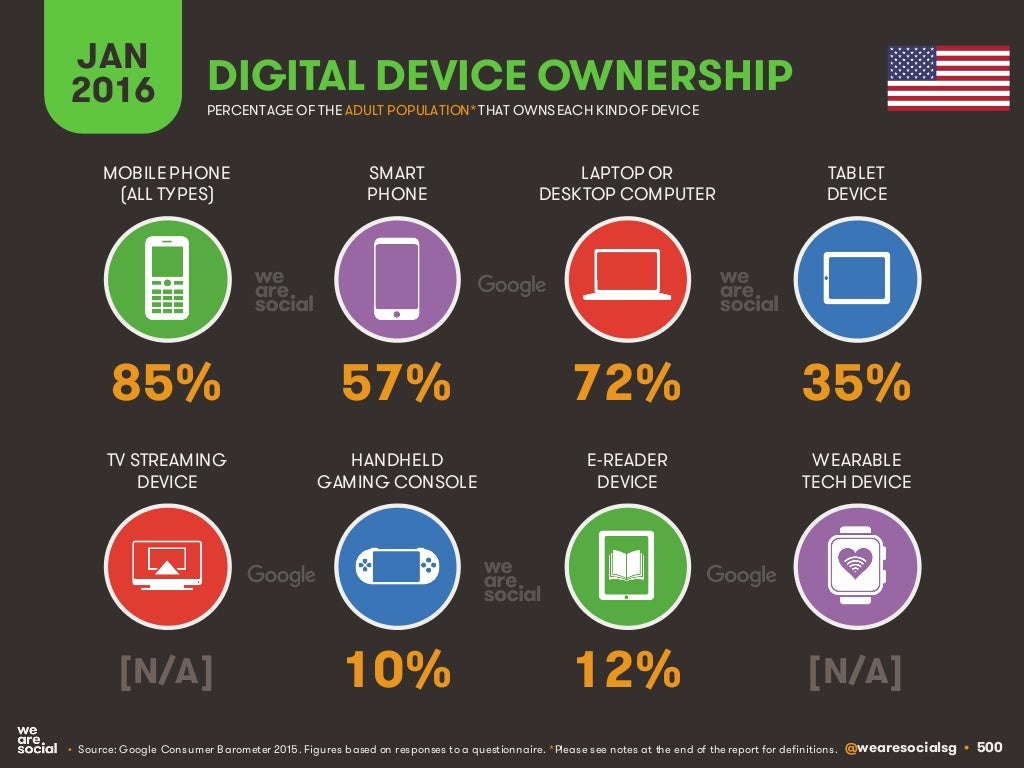In the past several years, the use of smartphones has quickly evolved from a fringe curiosity to an absolute necessity in today’s connected world. The impact and usage of mobile phones, especially smartphones, is prevalent among today’s student populations.
Mobile App for Higher Education has thus become imperative and educational institutions are trying to integrate mobile technologies into their student communications plans and strategies.
The rising need of Mobile App for higher Education
As of 2015, 85 percent of colleges and universities in the US had activated mobile apps or had planned to implement them in the coming academic year, according to the 2015 Campus Computing Survey.
According to a report by WeAreSocial on student mobile device usage earlier this year, ownership of smartphones and tablets among college students rose significantly, compared to a drop in ownership of laptop computers, which again testifies the rising need of mobile app in the higher education sector

Benefits to schools of an integrated mobile strategy:
1. Ease of use:
The most immediate benefit to schools of an integrated mobile strategy is the chance to tap into the high level of mobile device usage among students. Smartphones have evolved from their initial “status symbol” positioning to becoming an important access point for service, engagement, and learning.
Today’s students are dependent on their smartphones for text, email, social media, share campus news & events, assessments and assignments, distribute teaching materials, timetable, complete surveys & polling, involve in discussions or calling throughout their day.
In this “always connected” world, mobile apps connect your students, hence it is imperative that schools’ communication strategies be increasingly mobile-centric.
Benefits of Mobile App for higher Education
- Mark attendance
- Share assignments, campus news & events
- Distribute teaching materials
- Submit assessments, surveys, polls
- View lesson planner, grades, schedules
- Discussions/messaging
2. Customizability:
Each university has a unique set of culture, procedures, and services. As a result, each needs mobile apps that best suit their needs. The apps should be college-branded and contain features that facilitate navigation of campus systems and communications with staff.
3. Instant updates:
Mobile apps can provide a way to send out broad communications about campus events, alerts, and other highly time-sensitive information. New payment technologies will soon allow education-related payments like book purchases, tuition fees, and even library fines to be paid using a smart phone app. Institutions can put information such as interactive campus maps, timetables, staff directories and access to course work etc. on students’ fingertips.
Since mobile devices are always close at hand, a school’s mobile communications strategy provides an opportunity to effectively generate meaningful engagement with students throughout the lifecycle of prospects, enrolled students, and alumni.


COMMENTS